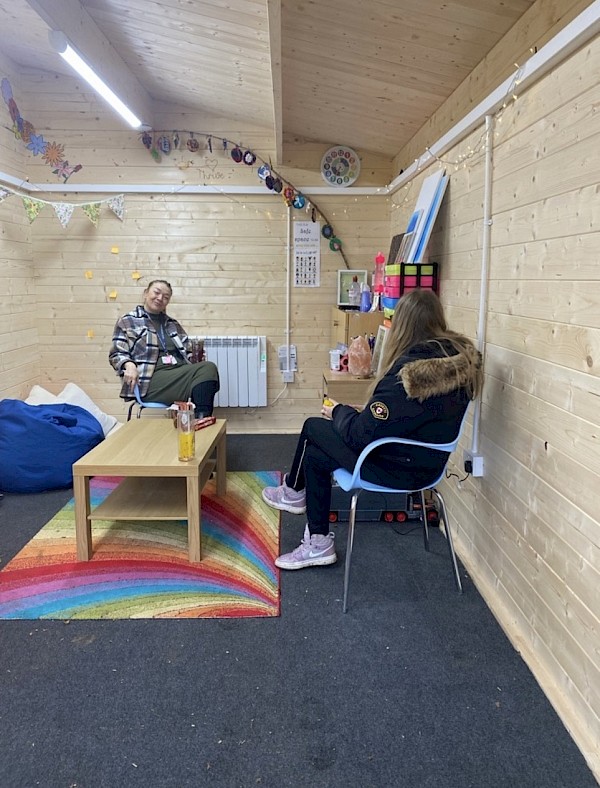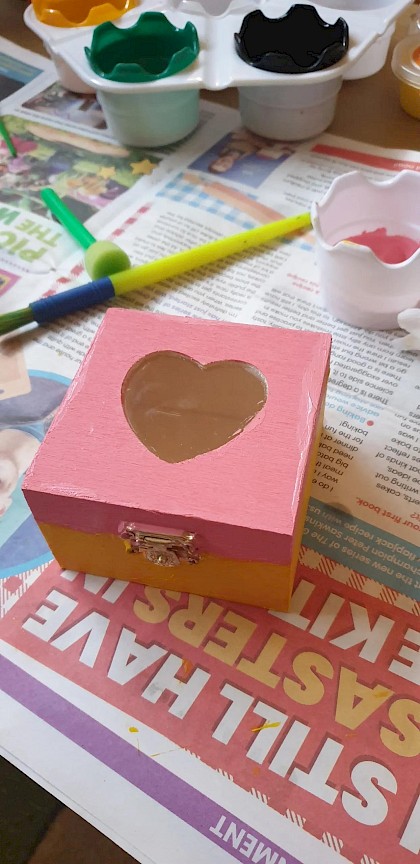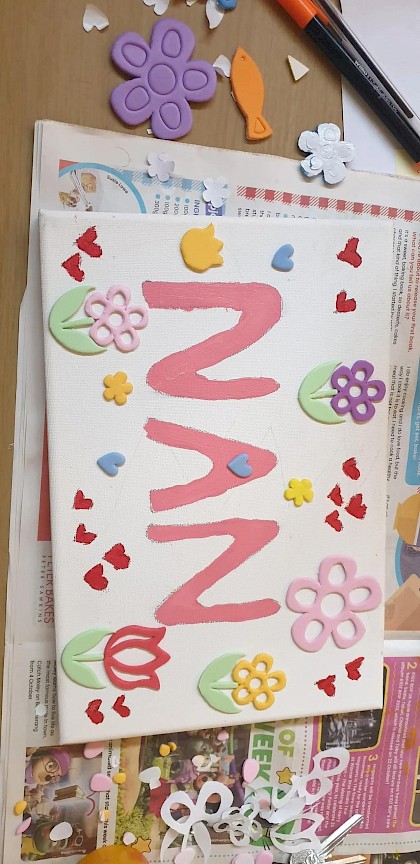Thrive promotes emotional and social growth by building positive relationships with their peers, helping them explore and understand their feelings and supports them in becoming more self-assured, capable and adaptable young people.
The Thrive approach is based on growing evidence that the brain develops through personal and social interaction. The relationships that we have with significant adults is fundamental to who we grow up to be. Our brain is built through trillions of brain cell connections made by sight, smell, touch and movement. Positive experiences enhance brain connections and sustained negative experiences can restrict them. Through simple repeated activities over a period of time, within a safe and caring environment, Thrive aims to compensate for interruptions in emotional development, when they affect a young person’s ability to enjoy life and learn.
Working with parents and other school staff, our Thrive practitioner carries out assessments of identified social, emotional and behavioural needs which helps us to build an Action Plan of targeted strategies and activities to help young people re-engage with learning and life.
Why might my child attend a Thrive session:
- difficulties with friendships
- getting into trouble inside and outside of school
- finding it hard to settle in the classroom
- finding it difficult to manage their feelings
- not knowing who to turn to when feelings are too overwhelming and difficult to manage on their own.
Thrive sessions will help young people to:
- feel good about themselves and know that they matter
- increase their sense of security and trust
- increase their emotional wellbeing
- improve their capacity to be creative and curious
- increase their self-esteem and confidence to learn
- learn to recognise and regulate their feelings
- learn to think before behaving in a certain way




